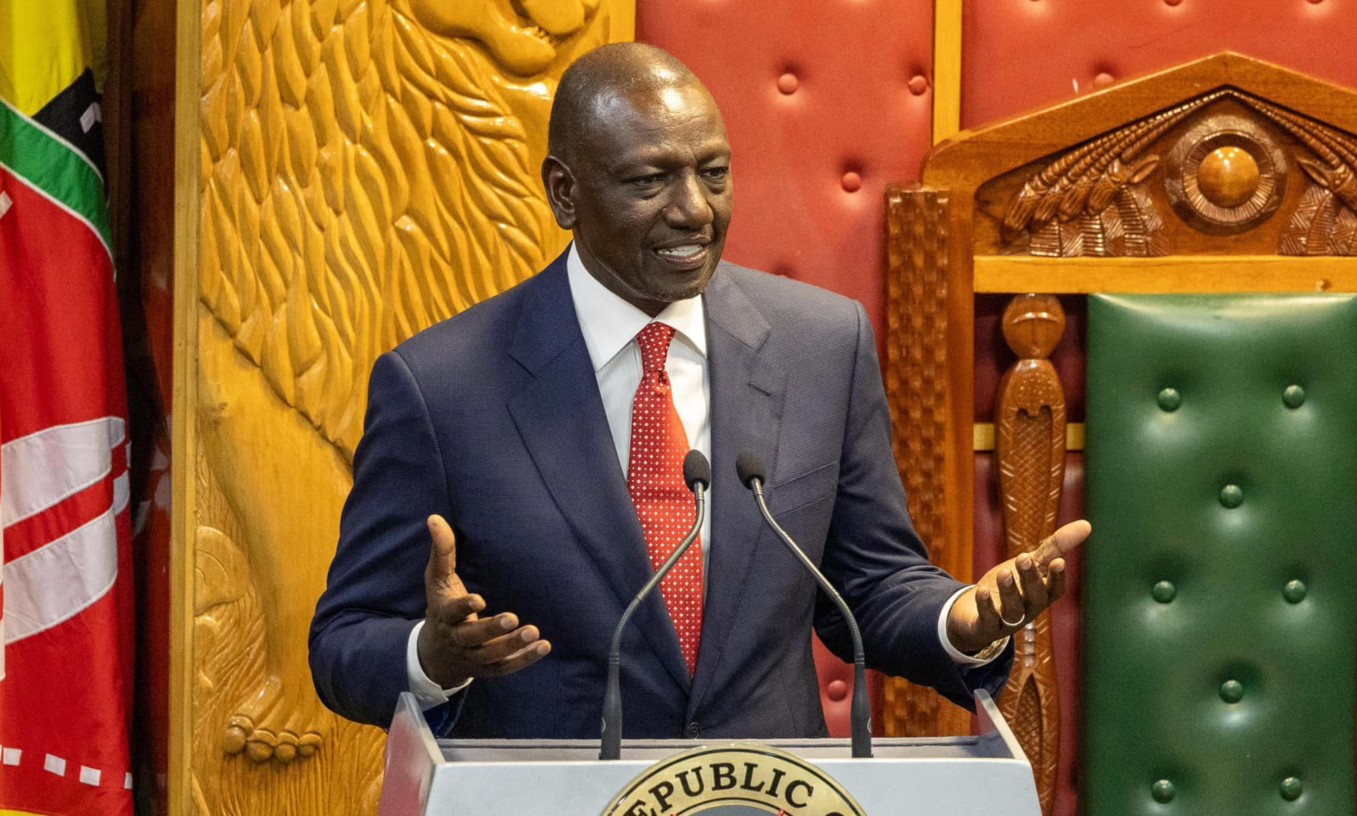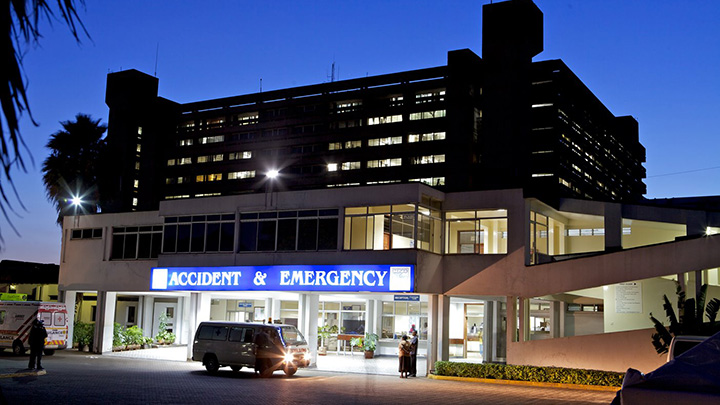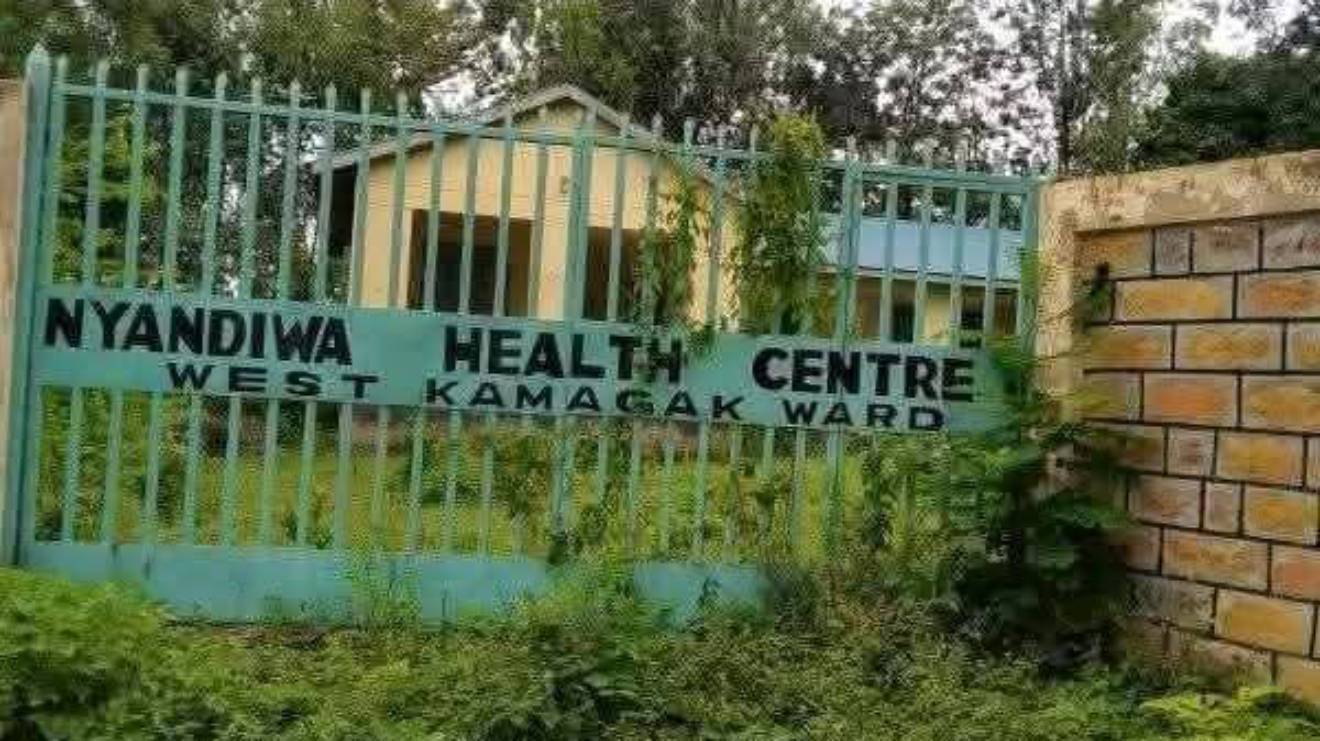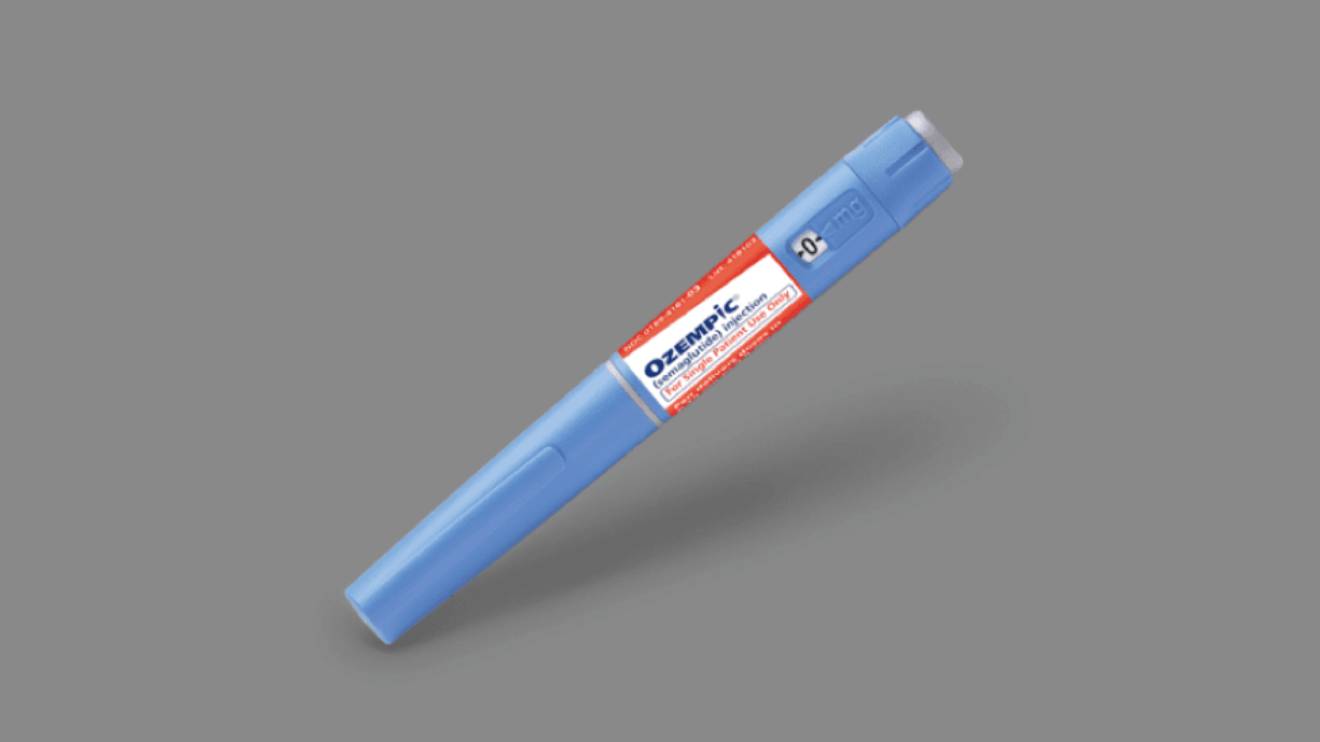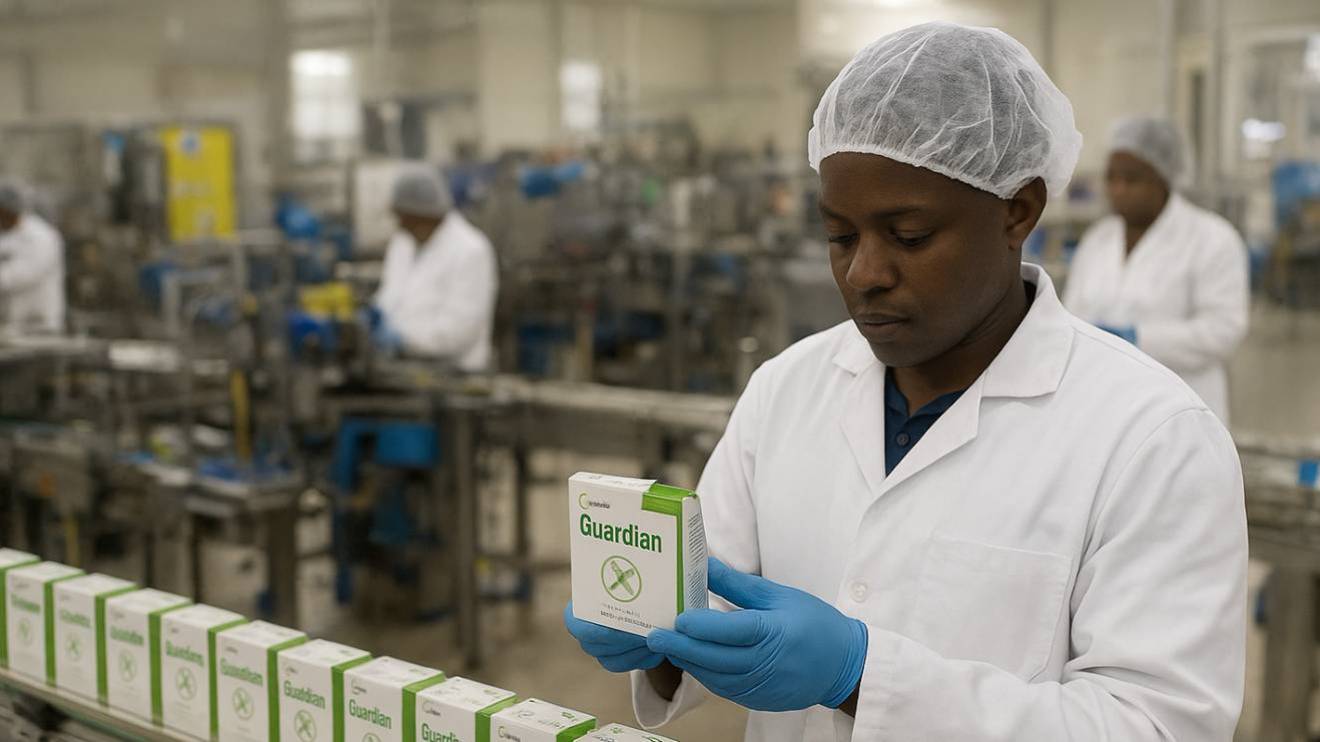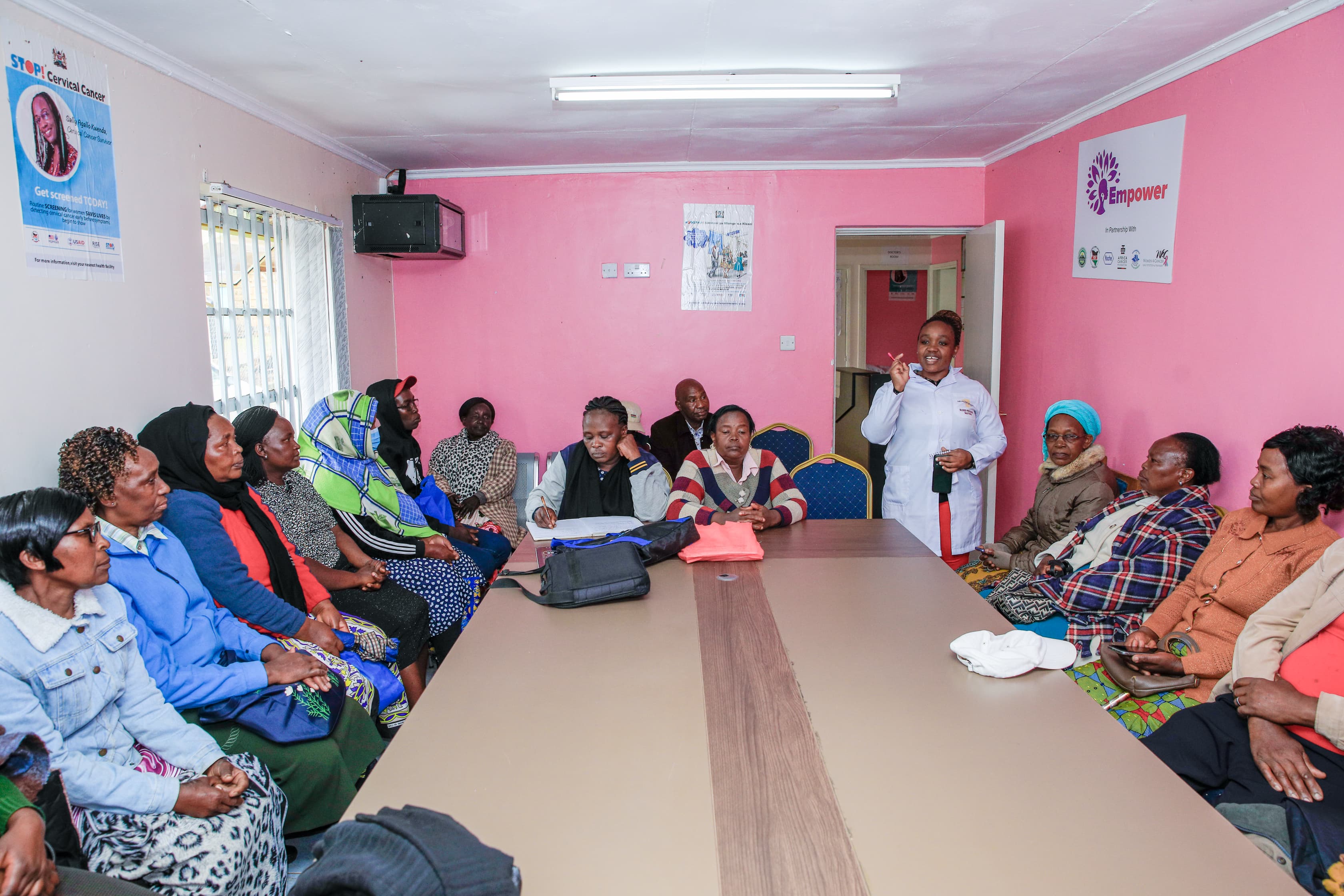President William Ruto has introduced Taifa Care, a universal health insurance scheme under the newly formed Social Health Authority (SHA), aimed at transforming Kenya’s healthcare system.
In his State of the Nation Address, Ruto described Taifa Care as the solution to longstanding inefficiencies in the National Health Insurance Fund (NHIF) and a critical step towards achieving Universal Health Coverage (UHC).
“Universal Health Coverage is a cornerstone of our transformation agenda and a matter that touches every Kenyan family,” Ruto said, highlighting the urgent need to address healthcare challenges.
He noted that counties have struggled with shortages of medicine, equipment, and staff, and declared that leaving the responsibility solely to devolved units would be a disservice to Kenyans.
Ruto stated that the NHIF’s inefficiencies had excluded many citizens from accessing healthcare, focusing on a small, salaried demographic.
Read More
He explained that Taifa Care, unlike its predecessor, ensures immediate eligibility for services upon registration and aligns contributions with actual healthcare costs.
“The shift from the National Health Insurance Fund model to Taifa Care is fundamental and radical. NHIF served a few salaried Kenyans and those who could pay, but Taifa Care covers every Kenyan,” he said.
Free primary healthcare and specialised services
Ruto announced that free primary healthcare is now becoming available at dispensaries, health centres, and hospitals, with ambulance and emergency services also being provided at no cost.
He added that Taifa Care’s benefits include access to specialised treatments, such as cardiothoracic surgery, for many Kenyans who previously could not afford such services.
Under the Digital Health Act, Ruto said that all healthcare processes, including registration and claims, are now digitised to reduce inefficiencies and combat corruption.
“By eliminating unnecessary human interaction, we are tackling corruption, reducing inefficiencies, and ensuring that resources are used where they are needed most,” he asserted.
Debt clearance and funding for hospitals
Ruto stated that the government had disbursed Sh5 billion to settle historical debts owed to public, private, and faith-based hospitals, some of which had been pending for over a decade.
Another Sh3.7 billion is set for release to ensure seamless service delivery and restore confidence in the healthcare system.
He explained that these payments are part of a broader strategy to equip hospitals with necessary resources such as medicine and equipment while clearing debts in a phased manner.
A call for nationwide registration
Ruto urged Kenyans to register for Taifa Care, terming it a transformative move towards dependable healthcare.
“This agenda is not just a promise; it is a bold commitment to deliver health through transformative financing reforms, making healthcare accessible and affordable,” he said.
He concluded by affirming the government’s commitment to a healthcare system that guarantees dignity and peace of mind for every Kenyan, stating that over 15 million people had already enrolled under Taifa Care.

